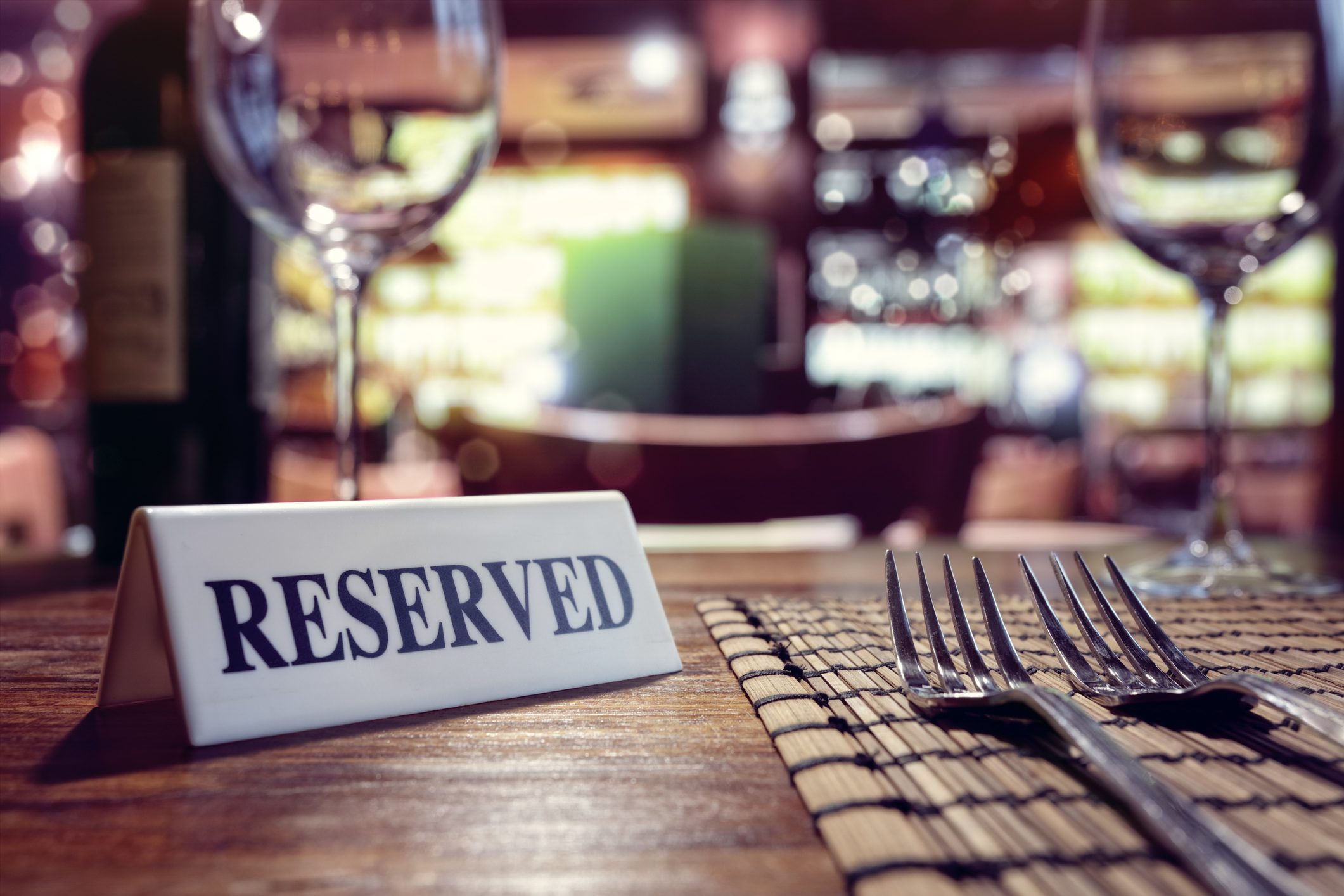Safety While Dining: How Restaurants Can Make Their Customers Feel Safe Enough To Dine In
While there is still no resolute cure for COVID-19, governmental bodies worldwide are striving to restore normalcy in their economies. In the United States, gradual reopening strategies are under consideration, and they are expected to allow restaurants to welcome customers into their dining halls, albeit at a limited capacity. Now to promote their businesses, restaurateurs are tasked with finding different ways to keep their customers safe.
Since COVID-19 is highly infectious, merely reducing the capacity of customers that dine at a time won't be enough to prevent the spread of the disease.
Hereon are some crucial measures that health and restaurant experts say restaurateurs across different states are expected to take when their dining halls are reopened for business:
1. Reservations have to become a must.
;Resize,width=742;)
Dining halls should only operate by reservations, an expert says. This way, the business owners not only control capacity but also provide substantial information to help health professionals in case of an outbreak.
2. A routine temperature check for every guest.

While making reservations, restaurants may choose to ask every customer statutory questions about their travel history, recent contacts, health concerns, etc. While this will surely prove helpful, it is expected that this may become labeled, "discrimination" thus rousing tension.
Health experts, however, say this much should be expected, and it should not be allowed to sway the restaurant's safety policy.
3. Restaurant workers should always be masked and gloved

The hosts and waiters will always contact customers so they should be appropriately attired to ensure their safety and, ultimately, that of the customers.
If required, experts also admonish restaurant owners to have their restaurant staff required to wear Personal Protective Equipment (PPE) and within the first month of reopening restaurants for the comfort of their safety.
4. Employees should also be subject to routine health checks.

Health experts advise that constant temperature checks should be done for all restaurant staff. The most important thing to note about this particular measure is that the health checks must be for every staff, including the administrative workers.
5. Sanitized Service

Since services offered at restaurants now have to be accompanied by optimum cleanliness, there is going to be tons of work for the staff. Thus, the recommendation that the labor is divided so that waiters have to touch clean surfaces and bussers only the dirty while they clean.
6. The use of disposable menus

COVID-19 is said to be most commonly spread through contaminated surfaces. For restaurants, that isn't only limited to tables; it can be through a seemingly insignificant surface like table menus.
Thus, the initiative that restaurants use disposable menus while pandemic rages on.
7. Seating customers outside is genius!

The coronavirus is said to be most easily spread in enclosed spaces, so the initiative that customers dine outside is an excellent idea. However, there is a need for careful planning by troubleshooting the many problems that may arise with having to seat customers outside.
This list is not exhaustive; there are many concerns about restroom hygiene, safety during meal preparation, and many others.
Overall, it is advised that everyone keeps to hygienic practices and social distancing as best as they can to prevent an increase in the incidence of COVID-19.
;Resize,width=767;)

;Resize,width=712;)
;Resize,width=712;)
